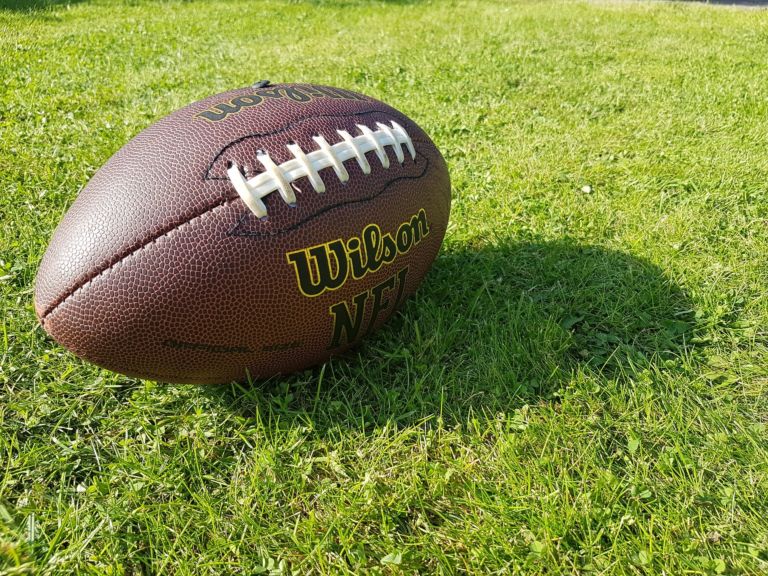David Ridpath writes for the Martin Center about evolving rules surrounding payment of college athletes.
College athletes’ rights, including their economic rights, have long been denied. American college sports have existed under an antiquated and oft-changing definition of amateurism that requires athletes to forfeit any pay for their efforts on the field or court.
Despite the revenue explosions in the industry, and the wealth flowing into athletics departments, amateurism has been the rule. Moreover, college athletes are also denied basic freedoms that most college students and Americans take for granted such as the right to protest under the First Amendment and the freedom to transfer between schools.
However, the rules for American college sports are on the cusp of dramatic change.
College athletes, bolstered by public support and favorable court rulings, are insisting on more economic and other freedoms. …
… As public pressure mounts, major decisions are forthcoming—but it could get messy. No unified federal approach has emerged, and so far, the changes have been a patchwork of state laws, judicial orders, and NCAA reforms.
The biggest issue has been paying athletes. The NCAA has tried to thwart legal mandates, especially in regard to paying athletes, as well as opposing actions to grant them the power to make product endorsements or classifying them as employees (who could then unionize).
It is the NCAA’s stated belief that the public will lose interest in college sports if college athletes are paid in any way beyond NCAA scholarship limitations. They also claim that many people believe college sports are better for athletes if they are not paid. Some members of the public agree with the NCAA and think a scholarship is a fair deal for athletes. In fact, public opinion has mostly sided with the NCAA’s stances over the years.
What the defense of the status quo misses, however, are how athletes’ basic freedoms are limited.

